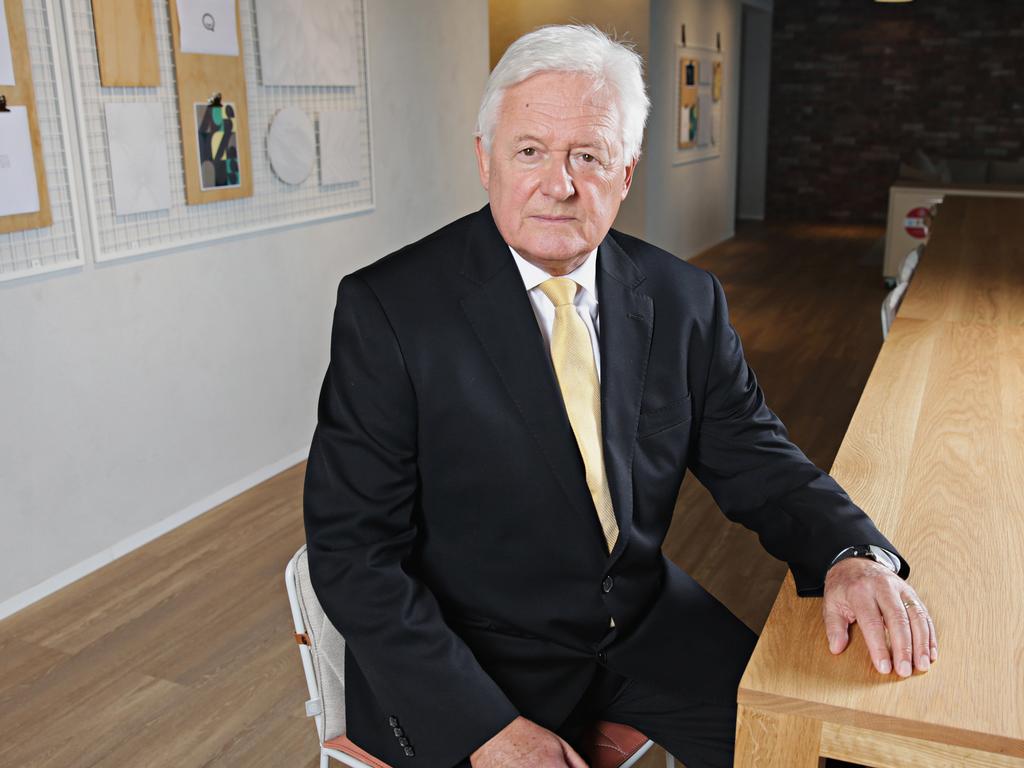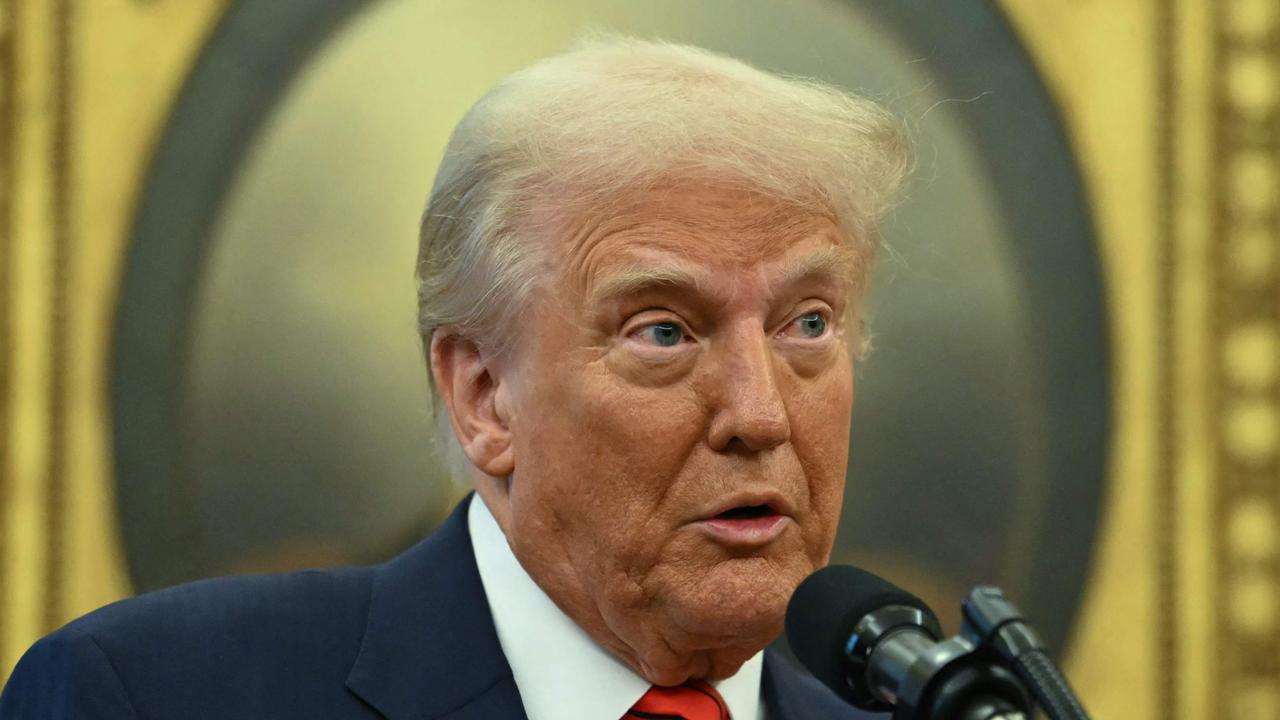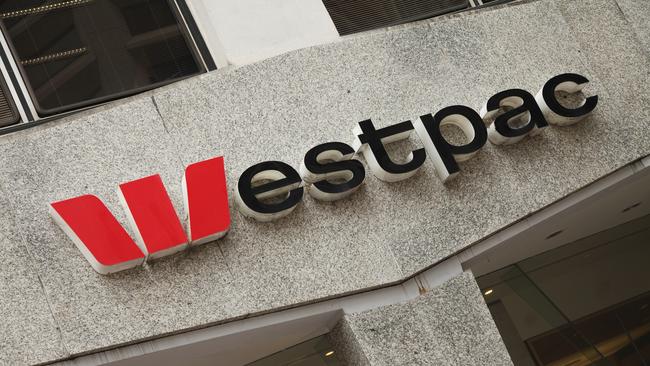
Westpac’s decision not to pay a first half dividend to its shareholders will be a body blow for many self-funded retirees.
Australia’s second largest bank has been “forced” to take a very different approach to its larger rival the Commonwealth Bank. It says that is because of the difficult economic climate at the moment, which of course is a factor.
But Westpac’s problems go much deeper than that. It also is a brand which has incurred major brand damage for an extended period of time now.
Its AUSTRAC dispute is ongoing, and with the Attorney-General Christian Porter calling out the bank’s approach to its alleged crimes (personified by a culture of arrogance, just for starters) the likelihood is that it will need to pay out much more for those failings than it has previously budgeted for.
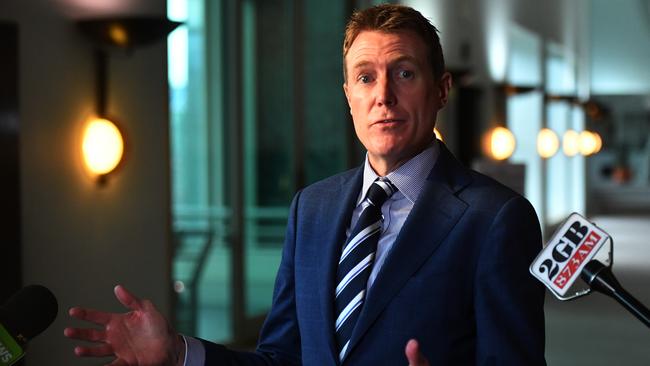
The bank set aside $900m, but the A-G won’t be settling for less than $1.5b. The bank had been trying to spin its way towards the lower end of the settlement amount, but that cheap campaigning was recently called out by Porter, and he didn’t miss. Even telling The Australian he’d be cancelling his Westpac credit card in protest at the bank.
I can confirm he has done just that.
For retired Australians who are funding their own way through their post-working lives, bank share dividends have long been a reliable income source. Investors will want to be sure that Westpac executives aren’t still collecting their bonuses if the bank is denying shareholders dividend returns because – as the bank says – it’s important it shores up its balance sheet.
If not paying out first half dividends helps with that goal, so would not paying out bonuses. And given how self-inflicted much of the AUSTRAC scandal has been, its only fair those executives who have let the bank down repeatedly cop the financial penalty every bit as much as shareholders now are.
Westpac shares have tumbled in recent years, to a far greater extent than have the share prices of the other big banks. It has been the worst performing of the big four. And while there has been some change at the top, there really hasn’t yet been the sort of wholesale clean out that is needed to send a message to the market that the bank takes seriously its failures to date.
Perhaps not paying out on first half dividends will be the start of a more fulsome process by new CEO Peter King to reform a bank many who work within it claim has long been “culturally toxic”, as one senior executive put it to me recently.
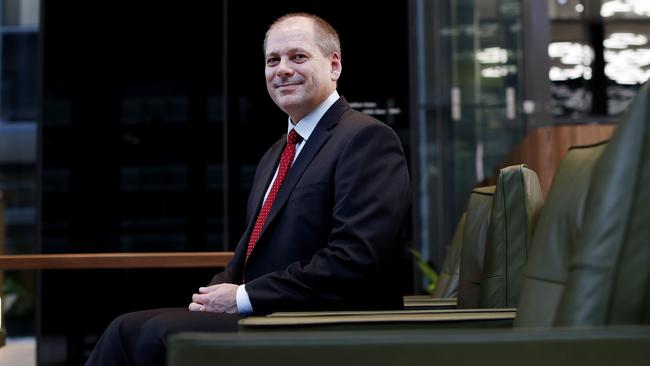
This reporting season has seen quite a few companies not pay out on dividends, as they usually would. But unlike the decision by Westpac, many companies have surprised the market by doing so more than was anticipated.
At one level this is a good thing for shareholders, especially self-funded retirees, doing it tough. But it also may mean that some companies are more exposed if the bad COVID times last longer than planned for. By paying out dividends rather than stockpiling cash reserves, or paying down debt, these companies may be too exposed.
Dividend payouts (and executive bonuses) by businesses which have been claiming taxpayer assistance (for clarity the banks were not eligible for JobKeeper) also risks a public backlash.
If a public sentiment builds that companies are selfishly taking the taxpayer for a ride, it might make politicians think twice about extending such schemes, penalising those who have done the right thing in the process.
Peter van Onselen is a professor in the business schools of the University of Western Australia and Griffith University




